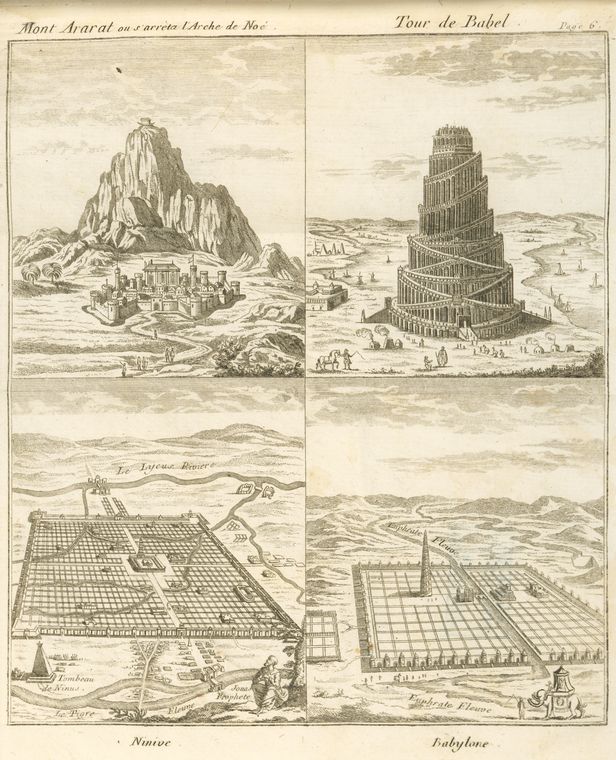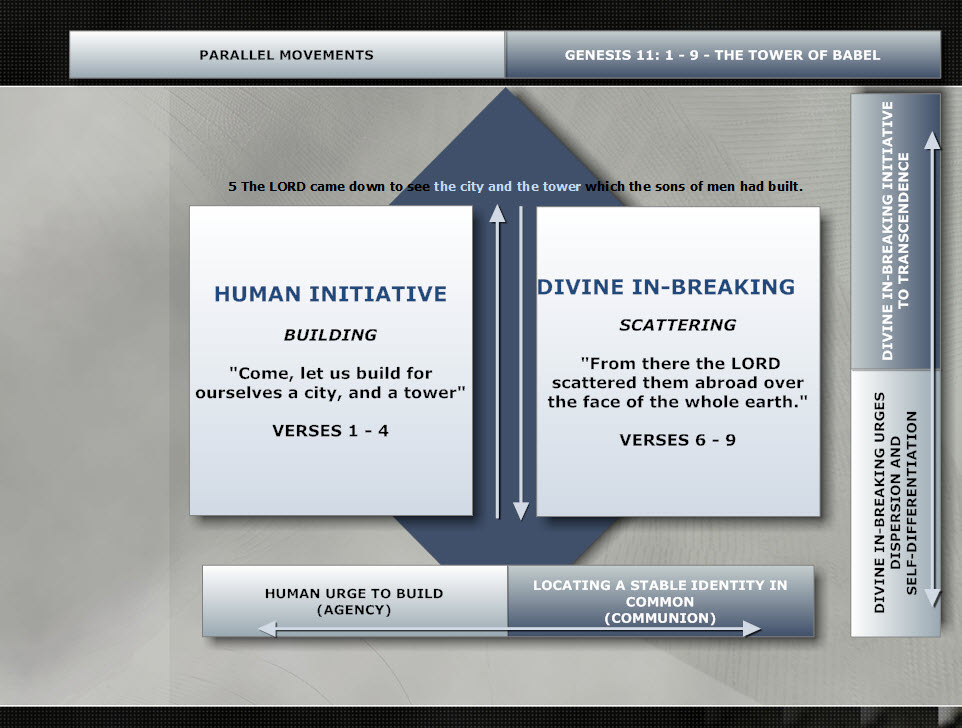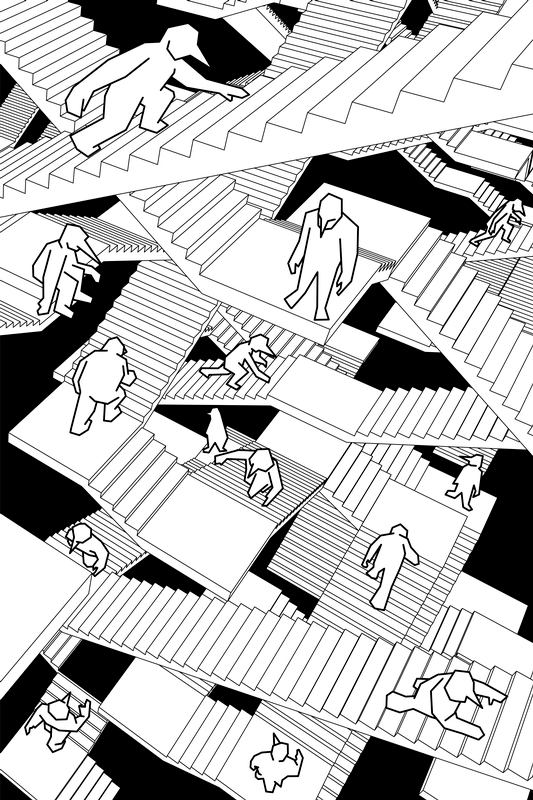December 7, 2015, marks the fiftieth anniversary of the Second Vatican Council’s Gaudium et spes, a document bearing exceptional correspondence with the “joys and hopes, the grief and anguish” of our own, twenty-first century moment.

Like Francis’ papacy, the unplanned and unprecedented Pastoral Constitution of the Modern World reframes the Catholic Church’s posture as open, dialogic, and involved in the mundane affairs of daily life in the world. An ongoing call, this mid-twentieth century document offers the contemporary church a timely impetus for its unfolding future.
Beyond the Hallowed Certainties
Non-dogmatic and pastoral, the document’s tone expands the church’s embrace beyond the safety of hallowed certainties to the margins of the unknown. Throughout the multiple drafts, turbulent disagreements, and prolonged controversies that led to and followed its promulgation, the document addresses people of all faiths—as well as of none—living throughout the world in very concrete situations and particular circumstances.
Issuing a new kind of global solidarity, the Church recognizes and even embraces her participation in the often troubling and problematic affairs of human beings, of which she, too, is comprised.
In the document, the Council intended to address to these so-contemporarily familiar questions:
- How can the Church intelligibly frame its concerns about the political and social issues facing humanity to those unacquainted, and perhaps unwilling to accept, Christian concepts and verbiage?
- Can Christian theological statements be capable of addressing specific conditions like poverty, war, hunger, illiteracy, and racism?
- How can faith adequately explore and engage aspects of science and technological advance?
- How can the Church demonstrate and apply an authentic solidarity with world concerns, to speak with, rather than about, the rapidly changing world?
Rather than answering these and other questions, the approach the Second Vatican Council took to them gives us its continuing legacy. Rather than grounding its desire for dialogue with contemporary humanity from an ecclesiological stronghold, seemingly at some distance from the matters considered, the Council chose to stand on the commonly shared ground of its own humanity.
By approaching the contemporary world through an anthropological standpoint—articulating the deeply theological meaning of the human person in light of contemporary crises—the Council began to address and paint a more early defined portrait of its own self-understanding as it had not done since the early centuries of the Church’s existence.
Clarifying the mystery of humanity
Guided by its own distinctive vision, and grounded by an incarnational Christology, the Council proclaimed something that remains for us unfolding, yet to be fully attended in the first decades of this new century: “it is only in the mystery of the Word made flesh that the mystery of humanity truly becomes clear.”
The existential meaning of human existence, shared among all peoples, faiths, and nations, is illumined through the self-giving Christ-event, wherein the profound communion of Trinitarian persons is shared with each human being. In turn, Gaudium et spes proclaims that each person, like Christ, “can fully discover their true selves only in sincere self-giving.”
Here, a Christological context illumines the human horizon. Understood as a concretely lived, existential encounter with all that is both human and divine, Gaudium et spes sets the stage not only for constructive dialogue among peoples of all faiths and philosophies throughout the world, but for dialogue and openness within the diverse schools, parishes, and institutions that constitute Christianity.
Distinctly Christian, this worldview is nonetheless interreligious, for all participate in its drama. Those of good will, “in whose hearts grace is active invisibly” are partners in the saving mystery of Christ. All are related to the intense mysteries of life and death as brothers and sisters, mothers and fathers, within one human family. Ultimately, to be human is to participate in a vast spiritual mystery.
Like the popular teaching of Pope Francis, Gaudium et spes is reflective of a profound anthropology moving the Church not only toward openness, dialogue, and constructive action within the world in which it lives, but toward a renewal of its own self-understanding as incarnated, embodied participants in very human affairs.
Humanity is the vital concern of the Church, with whom it shares its own meaning and destiny. Recognition of the universal, though at times implicit, participation of the entire world within the Christocentric mystery provides the Church a renewed understanding of its own identity.
The Continuing Legacy
The fundamental legacy of Gaudium et spes continues its earthy, sleeves-rolled-up mission in our own day and into the next decades and centuries of Christian experience. The Second Vatican Council’s thought can mold and shape the world beyond measure as it has silently—and sometimes not so silently—transformed the religious landscape.
From its bounded impenetrability, the Church begins to throw open its windows onto the very world it has, at times, bastioned itself against. Like Jesus, Christianity can find that even the most mundane offers an abundant potential for a transforming—even miraculous—grace, where ordinary water offered by humble stewards is changed into an incomparable and uncommon wine.
Excerpts of this article were previously published on the Vatican II and the Future Church Internet Conference website.



